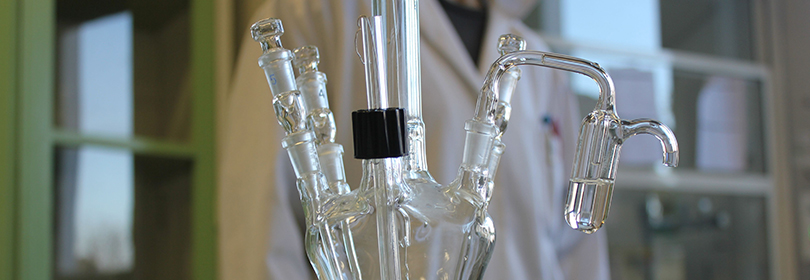
Carbon nanomaterials (CNMs) such as carbon nanotubes (CNTs) and graphene that combine lightness, chemical stability, high mechanical properties and high electronic and, thermal conductivity are incontestably recognized to be one of the best candidates for the new generation of materials. Whatever the synthesis method used, CNT samples contain both carbonaceous and metallic impurities. These impurities have been shown to be responsible of non-controllable and negative effects on the targeted properties. Post-synthesis purification of CNTs remains the first crucial step in the processing chain for both fundamental investigations and practical use of CNTs. Moreover, nanoparticles exhibit a high surface which can potentially act as a powerful interface but it is also responsible for the high tendency of nanomaterials to aggregate. Graphene and CNTs are also highly hydrophobic. The resulting stability issue is one of the major roadblock for achieving facile processing and a precise variation of parameters for the material preparation is required. CNMs have particular chemical properties and their reactivity is different from that of any other materials. Our research works are focused on post-synthesis chemical treatments on CNMs that need to be tailored in agreement with the targeted application are usually implemented to improve CNMs. I will present recent results on three areas including an alternative selective purification of CNTs by a developed method leading to ultrapure carbon nanotubes, and the use of chemically treated CNMs for their potential application in ii) bio-catalysis and iii) as nanofluids for heat transfer.
Contact
Envoyer un mail


